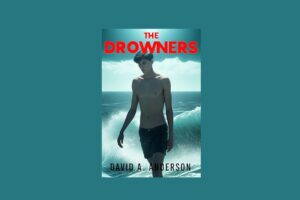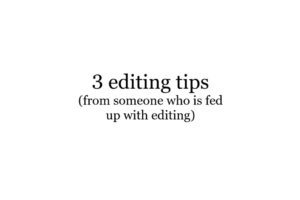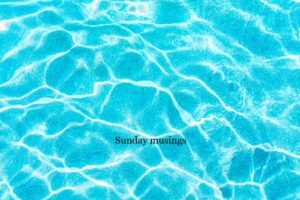In 2013 BBC Radio 4 released a programme called ‘Very British Dystopias’, which I was recently excited to discover is still available on iPlayer. The programme is described as follows:
‘Beneath the calm surface of British politics, lurking in the imaginations of some of our leading writers, terrible things have happened. Professor Steven Fielding examines these dystopian visions which have gripped creative and public imaginations in novels and dramas since the end of the second world war.’
Before I begin my review of it, I must first make issue with ‘the calm surface of British politics’ as the programme largely talks about world wars, class wars, unionisation and Thatcher. Were the Houses of Parliament actually considered outwardly serene during such times? Or at any time, come to think of it?
Anyway, as expected the programme begins with Nineteen Eighty-Four and ends with the Hunger Games but, rather than investigating any of the great British dystopian novels written in between the 1950s and 2010s, the programme delves deep into the BBC archives to extract a bunch of naff television and radio dramas, the success and relevance of which is discussed in unnecessary detail. Occasionally a novel that had been repurposed into a naff BBC television or radio drama is also described, but as you can imagine the general scope of the programme is limited. Apparently when it comes to British dystopian fiction there is nothing worth documenting that hasn’t been scavenged from tge BBC archives.
After droning on about Quatermass, Scotch on the Rocks, 1990 and Edge of Darkness, in the last five minutes the narrator Steven Fielding starts to discuss female writers within the genre. It would have been interesting if the subject wasn’t rushed, half-arsed and mostly about American authors. It was an afterthought and a typical BBC way of saying, “See? We’re inclusive.”
The final kick in the teeth was this concluding sentence:
“Nineteen Eighty-Four has been and gone, and perhaps the kinds of dystopian nightmares outlined by George Orwell and others are now in danger of becoming a thing of the past.”
…What? Of course they’re a thing of the past, they’re written in the past about the after-effects of World War Two and the Cold War. They can be relevant without being politically relevant, surely? I feel like the BBC is an intelligent teenager and I’m their teacher, and I know they can do better with their homework but they’re simply too smug and lazy to do it. I’m not mad though, just very disappointed.



Leave a Reply